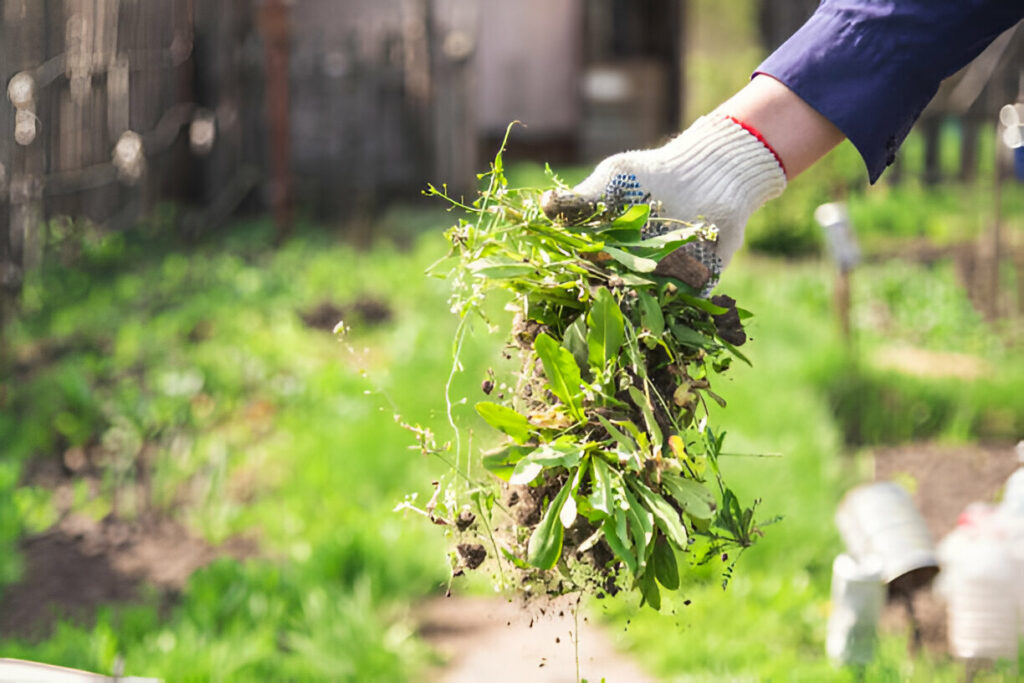Many people can transform their yard into a bustling garden with vibrant flowers and delicious vegetables. But pesky weeds can quickly turn that dream into a nightmare. Luckily, there is a simple and natural solution: Mulch.
Does Mulch Prevent Weeds?
Contrary to what many people believe, mulch is not just a layer added to garden beds. It is a very effective implement that helps prevent the growth of weeds and thus contributes to creating a favorable environment for the plants you want to grow.
Light Deprivation
Sunlight is essential to the germination of weeds, as it is to most wild plants. Mulch also has a physical control effect on weeds since it prevents the weed seeds on the soil surface from accessing light. This greatly suppresses weed growth, allowing the preferred plants to grow easily.
Moisture Retention
Organic matter in the form of mulch assists in conserving moisture in the soil, so less water is required. This is advantageous to your plants and, at the same time, disadvantageous to the weeds that prefer dry and exposed ground.
Physical Barrier
Mulching forms a physical barrier that hinders the growth of weeds since they cannot force their way through the layer of mulch. This means you can spend your time weeding only the few that may have penetrated through the many you planted.
Maximizing the Mulch Advantage
Although mulch is one of the best weed control tools, it is not a perfect solution. Here are some tips to maximize its effectiveness:
Apply the Right Depth: Ideally, you should apply a 2-3 inch layer of mulch around the plants. If there is not enough mulch, it will not protect the plants, and if there is too much mulch, it will smother the soil and prevent air from getting to the roots.
Choose the Right Material: Some of the common types of mulch include organic mulches such as shredded bark, wood chips, or even compost, which, after some time, break down and contribute to the fertility of the soil. To get the best results in weed prevention, it is recommended that dyed or chemically treated mulches not be used.
Consider Weed Control Fabric: Using weed control fabric beneath the mulch also slows down the germination of weeds even more. Make sure the fabric is permeable to water.
Maintain Your Mulch: It is also important to note that mulch can degrade over time and may not be as effective as it once was. It is recommended that the mulch layer be renewed frequently to ensure it continues to suppress weeds effectively.
Beyond Weed Control
However, there is much more to mulch than just weed suppression. It serves as a heat control mechanism to protect your plants from the scorching sun during summer and protect them from the cold during winter. It also helps to prevent the washing away of your valuable topsoil by wind or rain through a process known as erosion. In addition, organic mulch gradually breaks down and contributes to the improvement of the soil by adding nutrients and organic material, which is beneficial for plant growth.
Professional Lawn Care
Are you suffering from busy schedules or unpredictable weather patterns? Don’t waste physical efforts; instead, contact Advent Lawn Care Services. They offer expert lawn mowing services. So, what are you waiting for? Contact us today for a free consultation or visit their website for more information.







